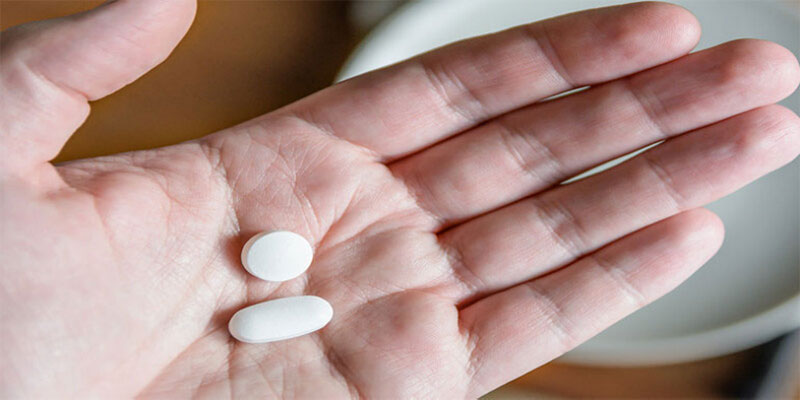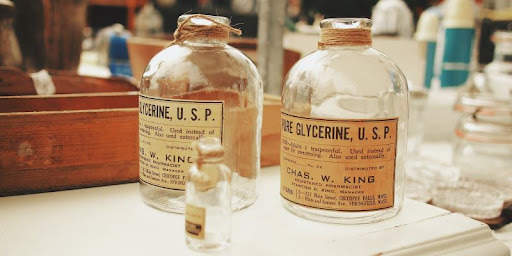How To Break a Fever? If you have a fever and are also experiencing other serious symptoms like trouble breathing, severe stomach pain, or a rash, or if your fever lasts longer than a few days or is accompanied by dehydration, you should visit a doctor. Fever is a sign of many diseases and conditions and usually isn't serious. When the body detects an infection or other sickness, it responds by raising its temperature or fever. When a person's core temperature rises beyond 100.4 degrees Fahrenheit (38 degrees Celsius), medical professionals often diagnose them with a fever. The general rule is that you shouldn't attempt to "break" a fever on your own, but if yours is accompanied by additional serious symptoms like trouble breathing, severe stomach pain, or a rash, you should visit a doctor.
What Is A Fever
A fever is an abnormal rise in core body temperature over the usual range of around 98.6 degrees Fahrenheit (37 degrees Celsius) and is a frequent indication of disease. When the immune system is working to combat an infection or sickness, the body may experience a fever. Common side effects of a fever include lethargy, pains, and an inability to eat. An illness's severity is not always proportional to the degree of its fever. In this regard, it is important to note that a high fever (more than 103 degrees Fahrenheit or 39.4 degrees Celsius) does not always indicate greater illness. Fever is one of the most prevalent signs of disease, and other symptoms like weakness, pains, and anorexia often accompany it. When the core body temperature exceeds the usual range of around 98.6 degrees Fahrenheit (37 degrees Celsius), we call it a fever.
How To Break A Fever
A fever may be brought down in several ways:
Get Plenty Of Rest
When you have a fever, getting plenty of rest is crucial so your body can preserve energy and concentrate on fighting off the infection or disease. Get as much shuteye as possible and schedule some nap time throughout the day.
Stay Hydrated
Water, sports drinks, or electrolyte solutions are all good choices to help replenish the fluids lost from sweat and decrease hunger. Caffeine and alcohol dehydrate, so it's best to stay away from them.
Fever May Be Treated Using Over-The-Counter (Otc) Medications

Over-the-counter (OTC) fever reducers include acetaminophen (Tylenol) and ibuprofen, among others (Advil). The anti-inflammatory and fever-reducing effects of these drugs are what makes them effective.
Apply A Cool Compress
A fever may be brought down by applying a cold compress or moist cloth to the forehead or wrists. It would be best not to bring down the temperature with ice or ice water since this might worsen by constricting blood vessels.
Dress In Lightweight Clothing
Keep your body temperature stable and avoid overheating by wearing light, loose clothes. Lighten up on the blankets and bulky clothes if you have a fever.
Take Lukewarm Baths Or Showers

Showering or bathing in lukewarm water might bring down a fever. Don't use hot water if you're experiencing a fever since this might worsen it.
Use A Fan
A fever may be lowered by using a fan to circulate air and cool the body. Using a fan on your skin might worsen your temperature since it creates chills. There are situations in which it is not essential to attempt to bring down a temperature since a fever is a normal reaction of the body to an infection or sickness. When left untreated, a fever often subsides within three to five days. Consult a doctor if you have any serious symptoms, especially a high temperature since they can diagnose and treat you effectively.
Conclusion
To flush out toxins and maintain hydration, consuming large quantities of liquids is recommended. Get some shuteye if you want to beat the illness. Inflammation and fever may respond well to anti-inflammatory drugs like acetaminophen or ibuprofen. Take a lukewarm bath or use a cool compress to bring down a fever. Seek medical attention if your fever persists for more than a few days, if you have significant symptoms, including difficulty breathing, severe stomach pain, or a rash, or if you become severely dehydrated. The onset of a fever is a common symptom of many diseases and typically indicates that the patient doesn't require medical treatment. When the body detects an infection or other underlying issue, it responds with a fever, which aids in fighting off the infection or condition. An elevated body temperature of 100.4 degrees Fahrenheit (38 degrees Celsius) or above indicates a possible fever.




